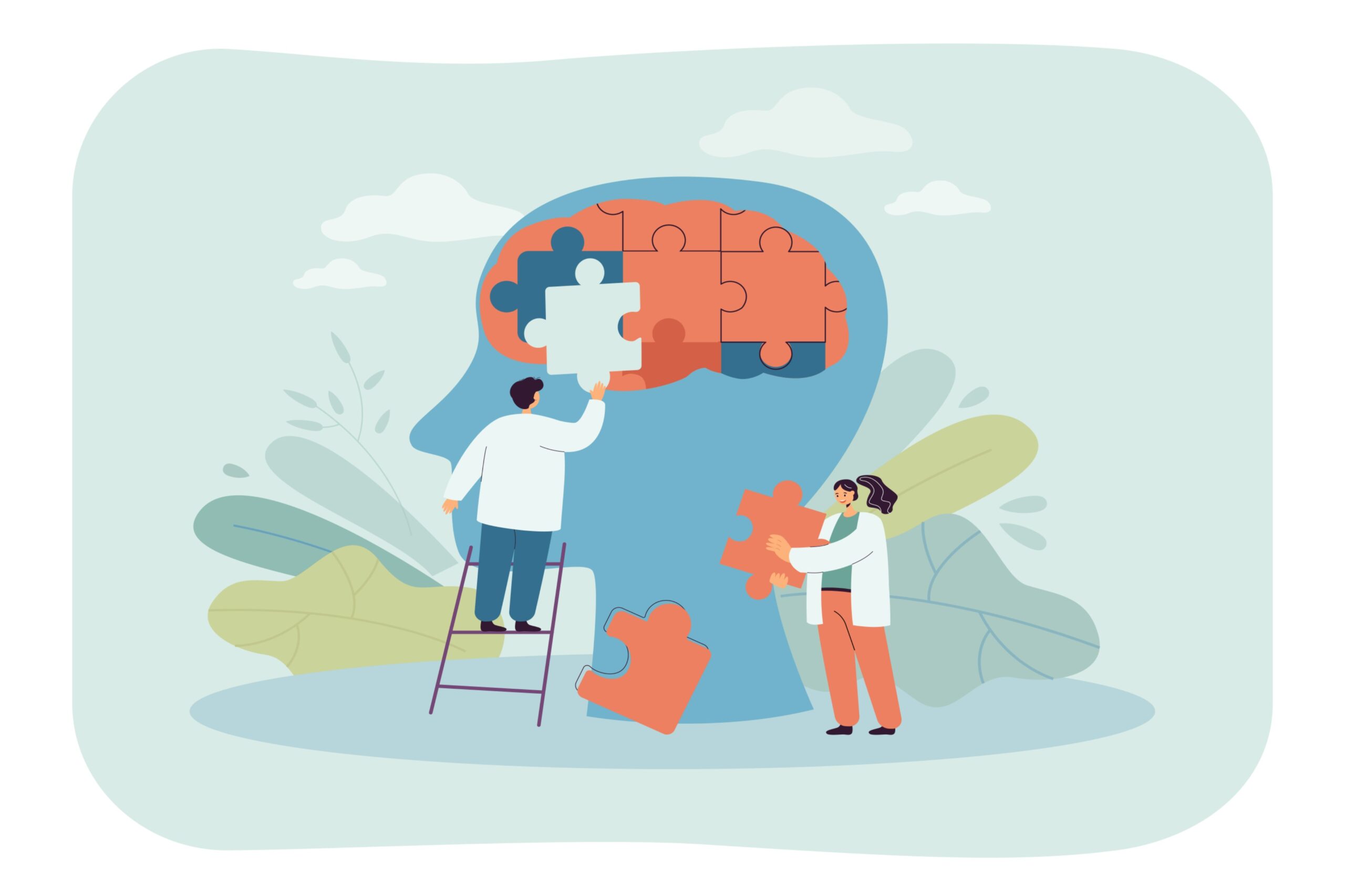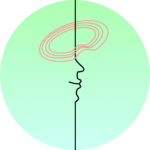Understanding Cognitive Biases: How They Affect Our Decisions
Cognitive psychology offers fascinating insights into how our minds process information and make decisions, often influenced by inherent biases.

The Foundations of Cognitive Psychology
Cognitive psychology is a field that explores the intricacies of mental processes such as perception, memory, learning, and problem-solving. It delves into how these processes influence our behaviors and decisions. By understanding cognitive psychology, we can gain a deeper insight into the workings of the human mind and how various cognitive biases come into play.
Cognitive psychology emerged as a response to behaviorism, which focused solely on observable behaviors. Researchers began to recognize that understanding internal mental states was crucial for a comprehensive understanding of human behavior. This shift led to the exploration of concepts like attention, reasoning, and memory, forming the core of cognitive psychology.
One of the fundamental concepts in cognitive psychology is the idea that our brain functions as an information processor, similar to a computer. This analogy helps in understanding how we encode, store, and retrieve information, and how cognitive biases might alter these processes. By examining these mental operations, cognitive psychologists can identify patterns that influence our decision-making.
Decoding Cognitive Biases
Cognitive biases are systematic patterns of deviation from norm or rationality in judgment. These biases often arise from the brain’s attempt to simplify information processing. Cognitive psychology helps in identifying these biases and understanding their impact on decision-making.
There are several common cognitive biases that affect our decisions, including:
- Confirmation Bias: The tendency to search for, interpret, and remember information that confirms pre-existing beliefs.
- Anchoring Bias: The reliance on the first piece of information encountered (the ‘anchor’) when making decisions.
- Availability Heuristic: Overestimating the importance of information readily available to us.
- Hindsight Bias: The inclination to see events as having been predictable after they have already occurred.
By studying these biases, cognitive psychologists strive to understand why they occur and how they can be mitigated, ultimately providing insights into more rational decision-making processes.
The Role of Memory in Decision-Making
Memory plays a pivotal role in cognitive psychology and significantly influences our decisions. Understanding how memory works can shed light on why certain cognitive biases occur.
Memory is not a perfect recording of events but rather a reconstructive process, which means it is prone to distortions and inaccuracies. Cognitive biases often arise because our memories are influenced by emotions, context, and subsequent experiences. For example, the availability heuristic can be attributed to the ease with which certain memories are retrieved, leading us to overestimate their frequency or importance.
By exploring the intricacies of memory, cognitive psychologists aim to uncover how memory-related biases can impact decision-making and how these effects can be lessened.
Attention and Perception in Cognitive Psychology
Attention and perception are crucial components of cognitive psychology that significantly influence how we process information and make decisions. Our attentional resources are limited, which means we cannot process all available information simultaneously. This limitation leads to selective attention, where we focus on certain stimuli while ignoring others.
Cognitive biases often emerge from the way we allocate our attention. For instance, the confirmation bias can be reinforced by selective attention, as we tend to pay more attention to information that aligns with our existing beliefs. Similarly, the framing effect, where the way information is presented influences decision-making, highlights the role of perception in cognitive biases.
Understanding these processes helps in identifying how biases can be minimized by improving attention and perception strategies, leading to more balanced and rational decisions.
Applications and Implications of Cognitive Psychology
The insights gained from cognitive psychology have far-reaching applications across various fields, including education, marketing, and mental health. By understanding cognitive biases, educators can develop strategies to enhance learning and retention. Marketers can harness these biases to create more effective advertising strategies, while mental health professionals can use them to develop interventions for cognitive distortions.
Moreover, recognizing our own cognitive biases can lead to improved self-awareness and personal growth. By acknowledging these biases, individuals can work towards making more informed and balanced decisions, ultimately leading to more fulfilling and rational life choices.
The implications of cognitive psychology extend beyond individual decision-making, influencing societal and organizational practices. By applying cognitive psychology principles, organizations can foster environments that promote more rational and fair decision-making processes.
Conclusion
Cognitive psychology offers invaluable insights into the complex processes that govern our thoughts and decisions. By understanding cognitive biases, we can work towards making more informed and rational choices, both individually and collectively. As we continue to explore the depths of cognitive psychology, we open the door to a deeper understanding of the human mind and its remarkable capabilities, ultimately enhancing our decision-making processes and improving our overall quality of life.
